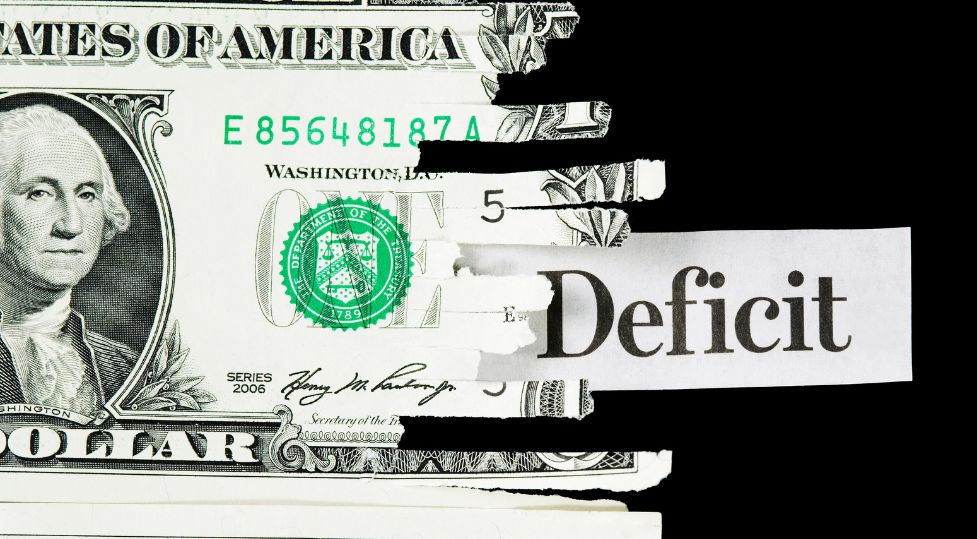The government of Donald Trump continues to break the mold, carrying out unprecedented actions. The United States Secretary of the Treasury, Scott Bessent, reported this Wednesday, September 24, that he is negotiating a $20 billion swap line with the Central Bank of the Argentine Republic (BCRA). He also said that the U.S. administration is prepared to grant a “significant” stand-by loan through the Exchange Stabilization Fund and is willing to purchase Argentina’s dollar-denominated bonds, both on the primary and secondary markets. He clarified that this would be done “when conditions justify it.”
The official confirmation came one day after the meeting in New York between Donald Trump and the Argentine president, libertarian Javier Milei, in which Trump himself heaped praise on the Argentine leader. He later reiterated his stance on X, and Bessent commented on the post, adding: “We are willing to do whatever it takes to support Argentina and the Argentine people.”
Additionally, the Treasury Secretary stated that he has “contacted numerous U.S. companies that intend to make significant foreign direct investments in multiple sectors in Argentina if the election outcome is positive.” The official clarified that “immediately after the elections, we will begin working with the Argentine government on the repayment of its main debts.” He later emphasized to reporters that “the United States will not impose any new conditions or requirements” on Argentina.
At the same time, it was also announced the previous day that the World Bank and the Inter-American Development Bank (IDB) will accelerate their monetary assistance to the country, with a combined amount reaching $7.9 billion, with the goal of helping Javier Milei’s government navigate the crisis.
Key Elections
The explicit support and financial aid from the United States come two weeks after the defeat of Javier Milei’s party in the elections in the Province of Buenos Aires, which accounts for nearly 40% of the country’s electorate. No pollster came close to predicting the outcome, and the opposition had a 13-point lead over the ruling party. On Sunday, October 26, legislative elections will be held at the national level in Argentina. President Milei needs to expand his parliamentary representation in order to pass structural reforms, after having stabilized the macroeconomy and fiscal front.
The day after the defeat in Buenos Aires, Argentine assets collapsed, reviving the specter of the 2019 PASO (mandatory primary) elections, when the market plunged 50% following the large advantage the PJ had over former president Mauricio Macri.
On September 8, Argentine dollar bonds led losses among emerging markets, the Merval index dropped nearly 13%, and the Argentine peso lost 4% against the dollar. In the following days, the negative trend persisted: on Friday the 19th, the Central Bank intervened in the foreign exchange market with the largest daily dollar sale in six years ($678 million) to support the peso. Economy Minister Luis Caputo reiterated after the electoral defeat that the dollar would remain contained within the exchange rate band established on Monday, April 14, when Argentina unexpectedly lifted currency controls. Since that date, the South American country has implemented a new managed float regime, with a band ranging from 1,000 to 1,400 pesos per dollar, increasing monthly by 1%. The BCRA intervenes in the market if the bands are breached.
Much of the financial negativity stemmed from the government facing debt maturities of $12 billion in 2026, and the market closely monitoring the Central Bank’s reserves. After this week’s strong U.S. backing, optimism took hold in the market: dollar bonds rose as much as 12%, and the EMBI+ Argentina index — a benchmark for country risk prepared by JP Morgan — showed a drop of nearly 400 points, hitting an intraday low of 839 points and closing at around 900. Last Friday, this index reached a peak of 1,516 basis points, when the dollar touched the upper limit of the band, forcing the BCRA to intervene in the market.
Analysts’ Views
“The government seems to have managed to reverse a scenario where expectations had become unanchored,” said Eric Ritondale, chief economist at PUENTE, after the details of the U.S. economic support were revealed. In his view, the market’s reaction before and after the announcement indicates that the recent weeks’ volatility “was more about expectations than about fundamental elements of the economy.”
“After the elections, we expect the economic team to seek to rebuild reserves, advance a currency adjustment, and lower rates to reactivate the economy. If consolidated, that combination could lay the groundwork for a recovery,” he added.
Grupo IEB published a special report titled “Shift in Expectations”, in which it stated that “this trend change in expectations eases the exchange and monetary outlook, allowing for potential currency purchases by the Treasury, a possible rate cut via reserve requirement reductions and/or a decrease in the rate on remunerated liabilities.”
The report highlighted a central point, especially looking ahead to the upcoming elections. It is necessary that “the impact on the real economy be felt as quickly as possible. FX control and rate cuts will be a good starting point.” To curb inflation, the government implemented an unprecedented fiscal adjustment.
For its part, Delphos Investments reiterated on Wednesday its recommendation of caution to its investors until it is confirmed that the bottom for Argentine stocks has been reached. “The market reacts disproportionately to both positive and negative news, and while the weekend was dominated by favorable economic signals, the political catalysts — perhaps the most necessary — remain scarce and unpredictable.” The Research Department of Capital Markets Argentina wrote in a report that it expects high volatility in the Argentine market in the short term.



